Long before to parent was a verb, my mother and father got some big things right. Two in particular seem worth sharing. First, if there were one piece of cake left and two siblings who wanted it, one child did the cutting, while the other got first choice. King Solomon smart, right?
The other clever parenting move was that each child (there were six of us) got to choose “one thing” that we were allowed not to eat. I don’t remember there being a strict accounting system in place; a clever child might have been able to change her “one thing” with some regularity to avoid both spinach and lima beans, but that’s not what I did. I chose a category: fish was my one thing, and I had graduated from college before I realized that I actually like fish.
It might be because I’m writing this essay during Lent, or maybe it’s because a former student asked me for advice on Linked In late one recent night, but I woke up the other morning thinking about my one thing.
The young man wrote me a note
because I finally updated my LinkedIn profile to show that I’ve gotten a new job. In a recent(ish) post here I noted that possibility was my word for the year. Right after that, I landed a job as managing editor at Vero Beach Magazine, a beautiful publication in a beautiful town that my husband found for us online. Possibility indeed.
“How do I break into a job like that?” my student asked me. I was checking social media on my ipad in bed, one of those things all the healthy lifestyle people tell us not to do. I didn’t say much in response, mostly because I don’t really understand if LinkedIn messages are public or private and I didn’t want to wax ridiculous in public (“Why stop now?” you might be asking, to which I can only reply, “touché.”) The gist of my answer was to tell him to knock on the door; to be honestly himself and ask if the organization has a use for someone like him.
I woke up the next morning
thinking more deeply about my answer. I have some energy powering my knock that a twenty-something young man doesn’t have. For one, I have decades of work experience in a few different fields. I have had time to figure out what I’m good at, time to burn off the constraints that might stop me from naming those things out loud. In other words, I’ve got some oomph in my knock.
I don’t know how to write things like “Keep a learner’s mindset,” or “go in with beginner’s mind.” If I did, I’d be a lifestyle blogger and have millions of followers and a book deal. But when I read those blogs, I often think, “Yes, that’s what I mean.”
Then I started thinking about my one thing. It’s true that I have management experience, teaching experience, and lots of fancy letters after my name. But in this case, for this job, those aren’t the things that made me confident enough to knock on the door.
My one thing these days isn’t something I avoid,
it’s one good habit. Almost every weekday morning, I get out of bed at five to write for an hour. That’s my one thing. Giving up one hour of sleep to be awake in a dark house is the thing that let me knock on the door of my dream job. I loved teaching; it called things out of me that I didn’t know were there, and I don’t regret a moment of those seventeen years. And yet, it was never enough. In some important way I’m struggling to describe, it was what I was doing, rather than who I am.
Now, I get to play with words all day long with other people who like to play with them, too. I write during normal working hours. A colleague and I have deep conversations about whether a writer’s one-sentence paragraph adds important impact or just slows a reader down. We agonize when a sentence with a comma between the subject and the verb makes it (how? how did we let that happen?!) into print. The day flies by, and then the days fly by, and I realize it has been a few months since I’ve posted anything on my blog.
To be honest, I’m trying to figure out
how this blog fits in now. Writing these posts taught me to take myself seriously as a writer; it taught me that there are people who want to hear what I have to say. I’m hesitant to say that it has run its course, done its job, and that I’m moving on now, but that could be happening.
The other day at the beach my husband and I were watching a kid doing tricks on a boogie board. He was making little arcs; he would run, drop his board on the sand, jump on, and then glide out through the swash as a wave came in. Then he would twist his body and ride the wash back into shore. Out and back, into the water, back onto shore.
I’m still writing at five every morning. My fingers hop onto my keyboard and I try to catch a good wave. I plink away at my novel, add a few lines to an essay I’ve been working on. Out and back, every morning. It’s a work in progress, this life, this blog.
Thanks for reading. For now, let’s just say I’ll keep you posted.


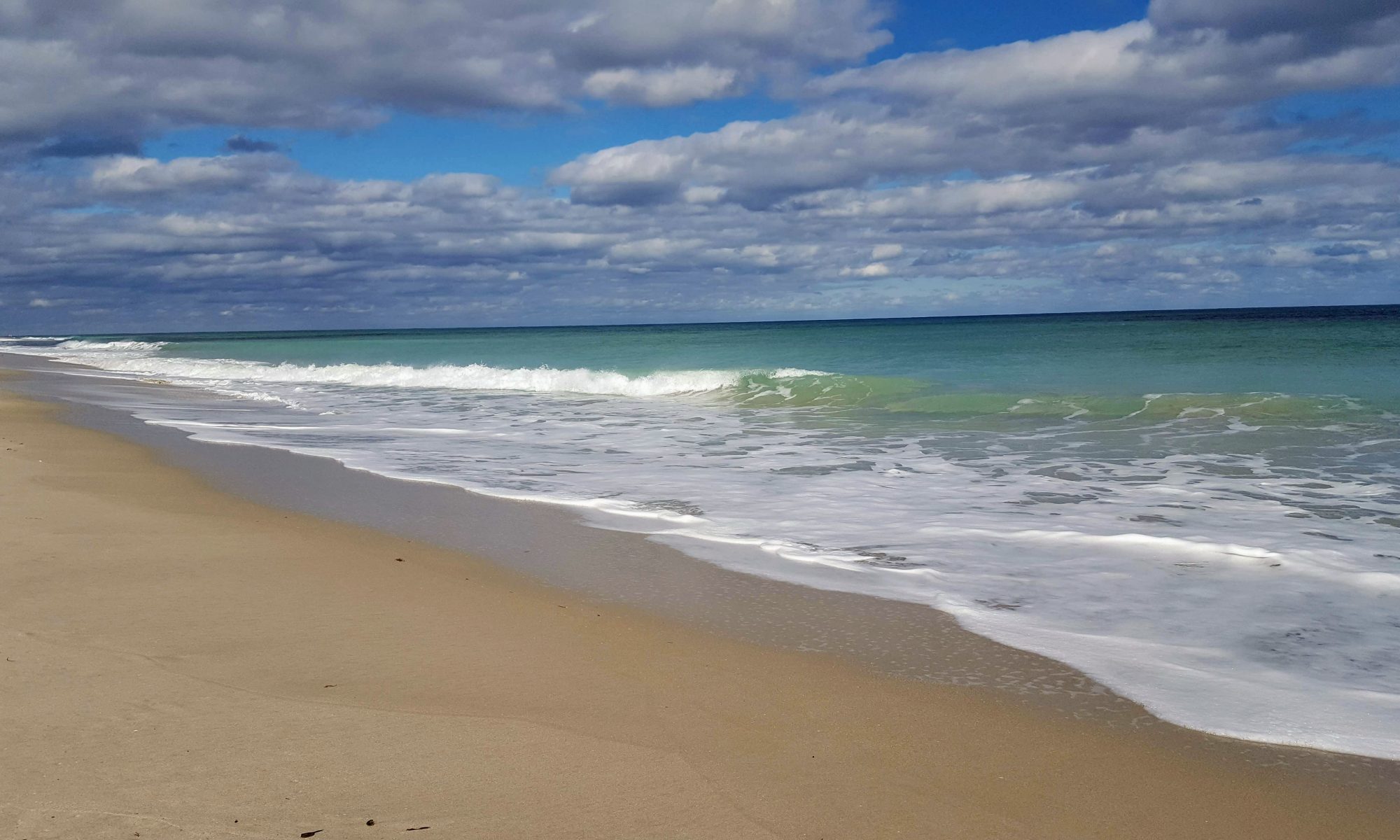
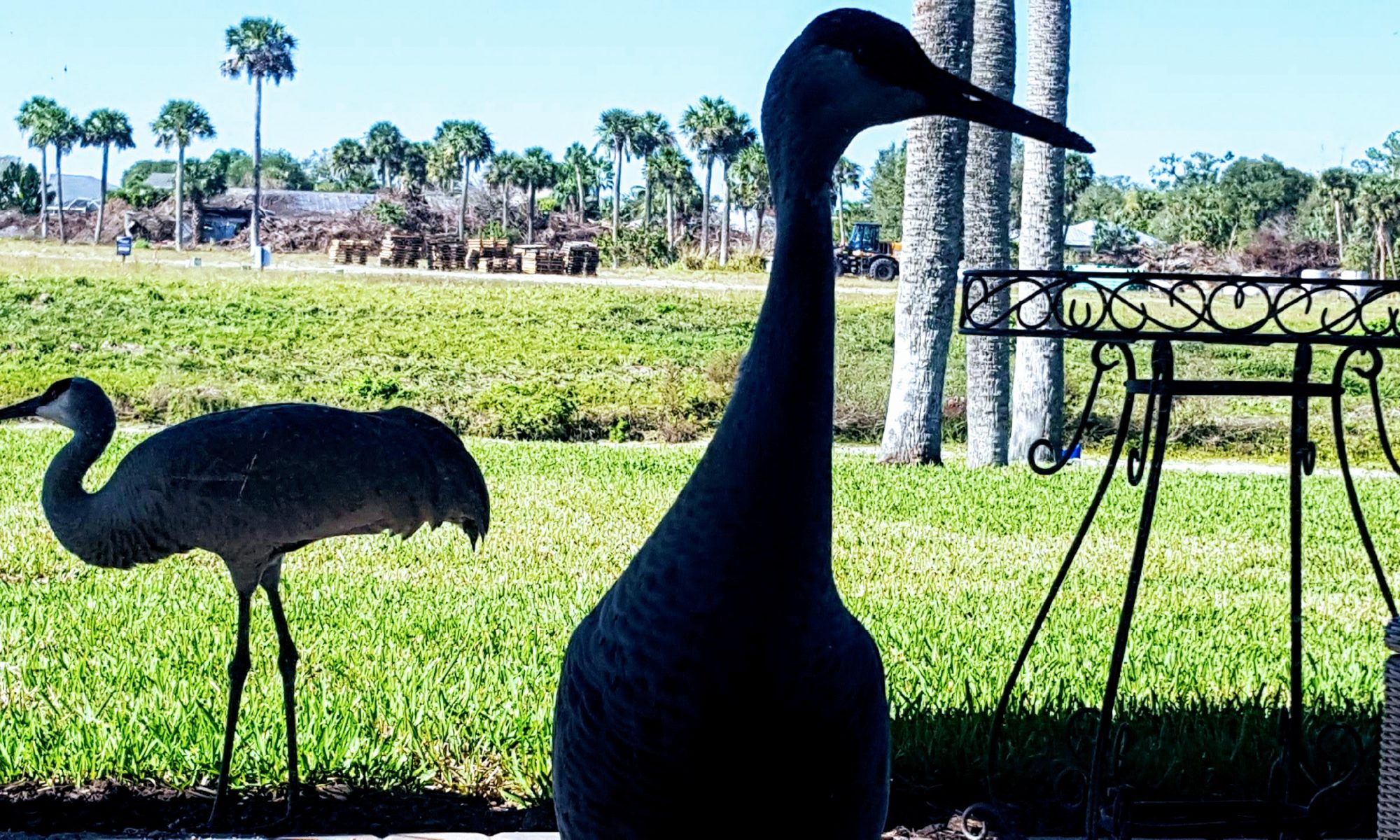
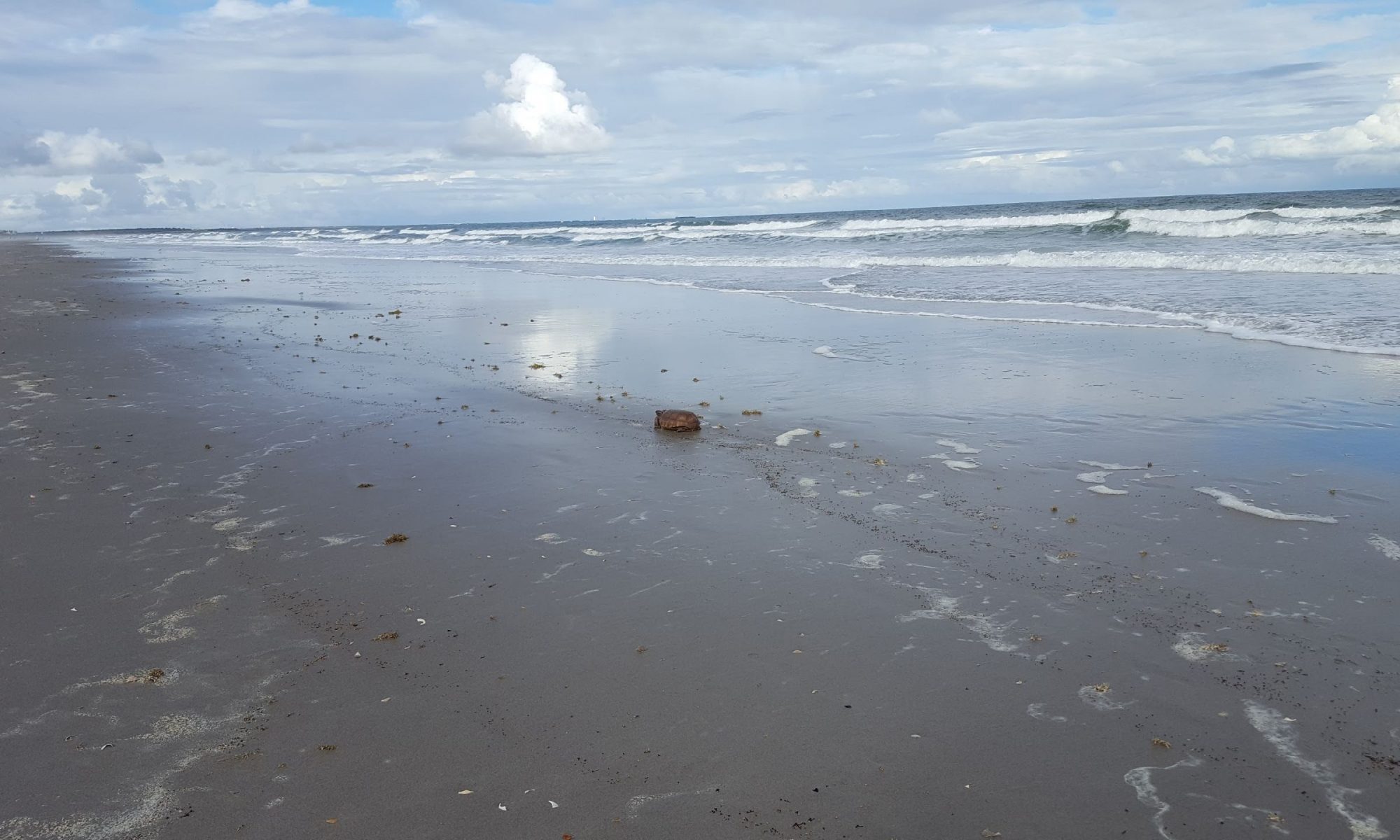
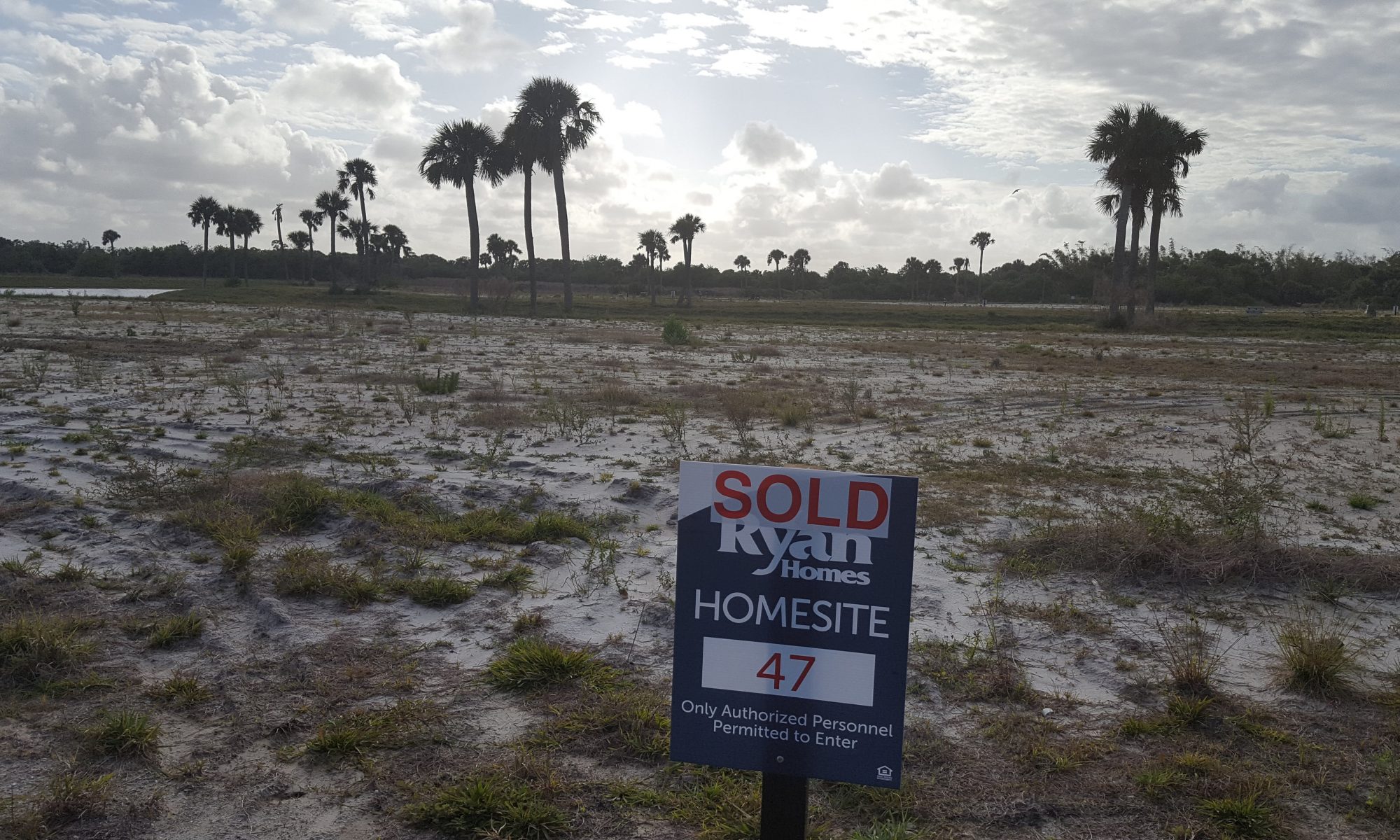
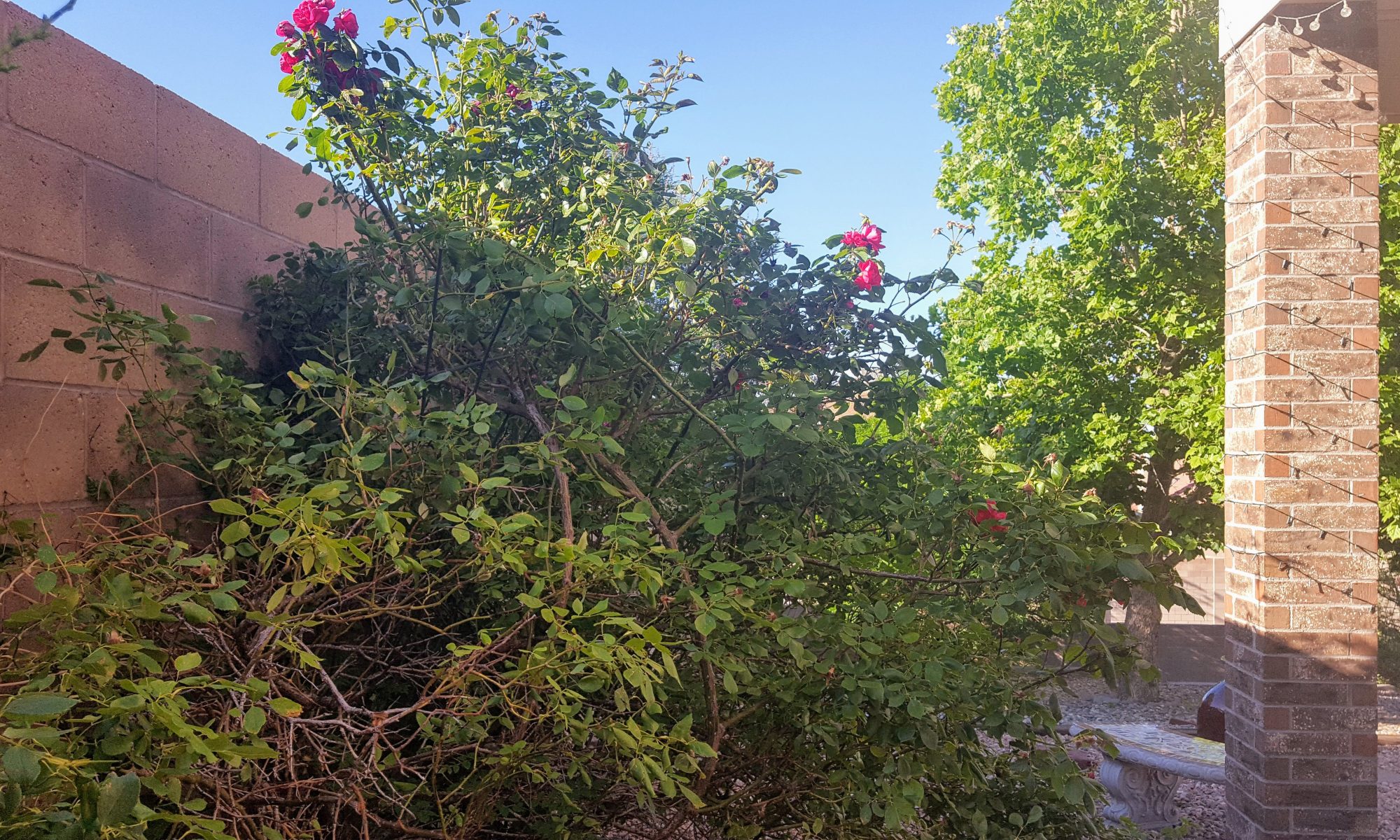
![Note from the seniors reading "We [heart] you Ms. O'Shea"](https://liveloveleave.com/wp-content/uploads/2018/05/20180504_100844-2000x1200.jpg)